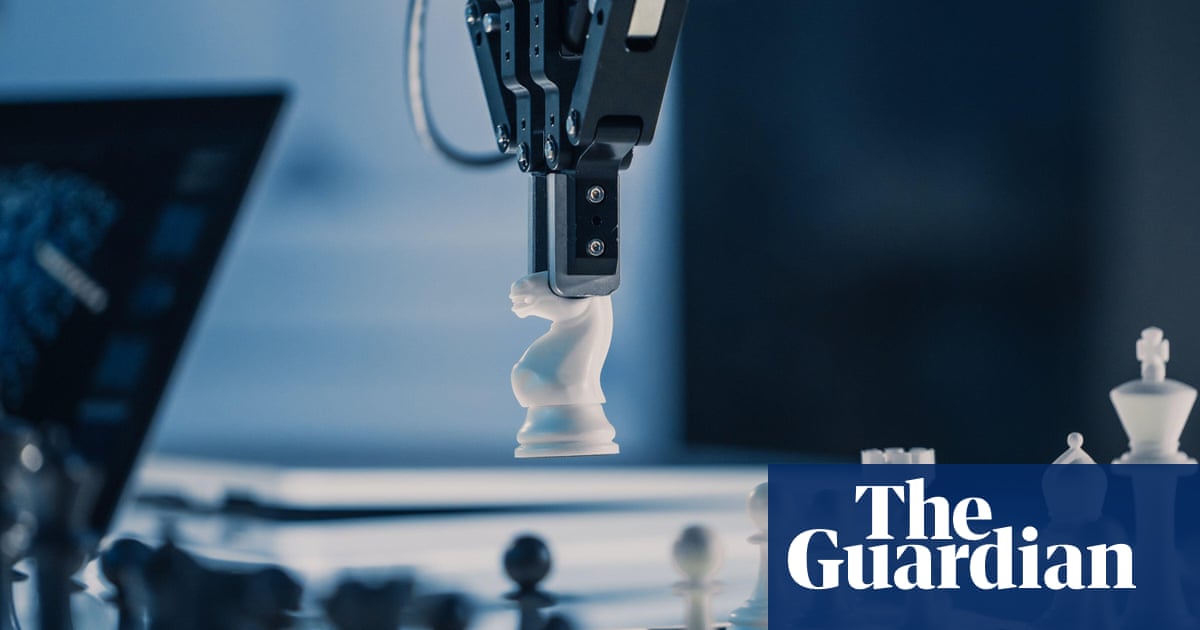- Joined
- Oct 30, 2021
- Messages
- 34,089
- Reaction score
- 35,925
- Gender
- Undisclosed
- Political Leaning
- Undisclosed
Let's assume Adam Dorr is correct. This has enormous implications for society, particularly younger people who may find they graduate just in time to see their career path doesn't exist.
Is the solution universal basic income? After all the wealth is still being created but is monopolized by the robots instead of people.

Futurist Adam Dorr on how robots will take our jobs: ‘We don’t have long to get ready – it’s going to be tumultuous’
Researcher says tech could replace nearly all human labour within 20 years and societies urgently need to preparewww.theguardian.com
I doubt it replaces all human labor, but I do think tech (robotics, AI, etc.) will make laborers in highly developed countries so efficient that there will be a lot of excess human capital. In other words, lots of underemployment and unemployment, particularly in information and intellectual jobs. Humans will still be needed for plumbing, roofing, carpentry...that sort of thing.
So if I had to give a youngin' some advice, it would be learn the trades. There's absolutely no way I would save my paychecks to pay tens or hundreds of thousands of dollars for my imaginary offspring's higher education. We live in a different world now.
